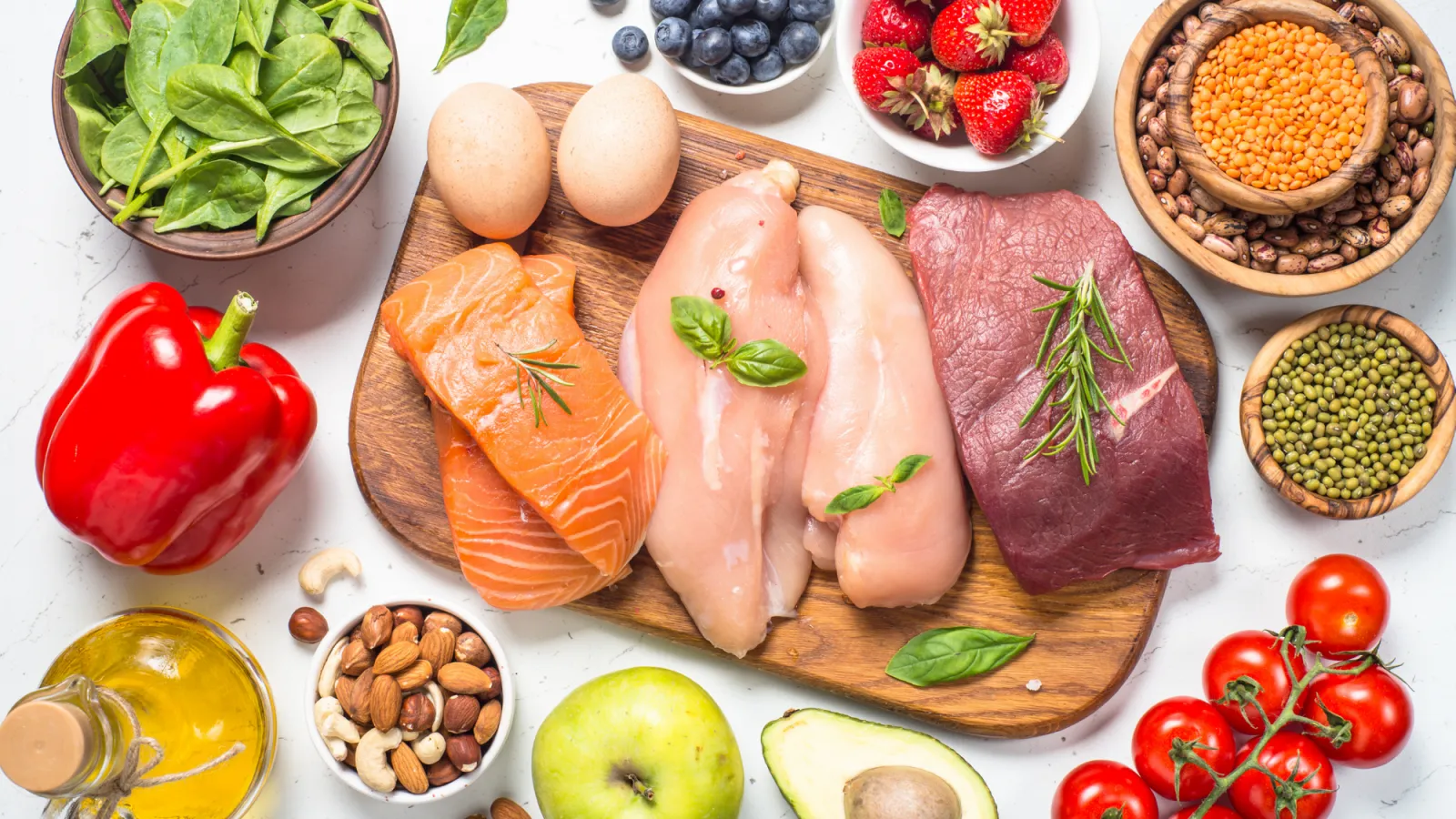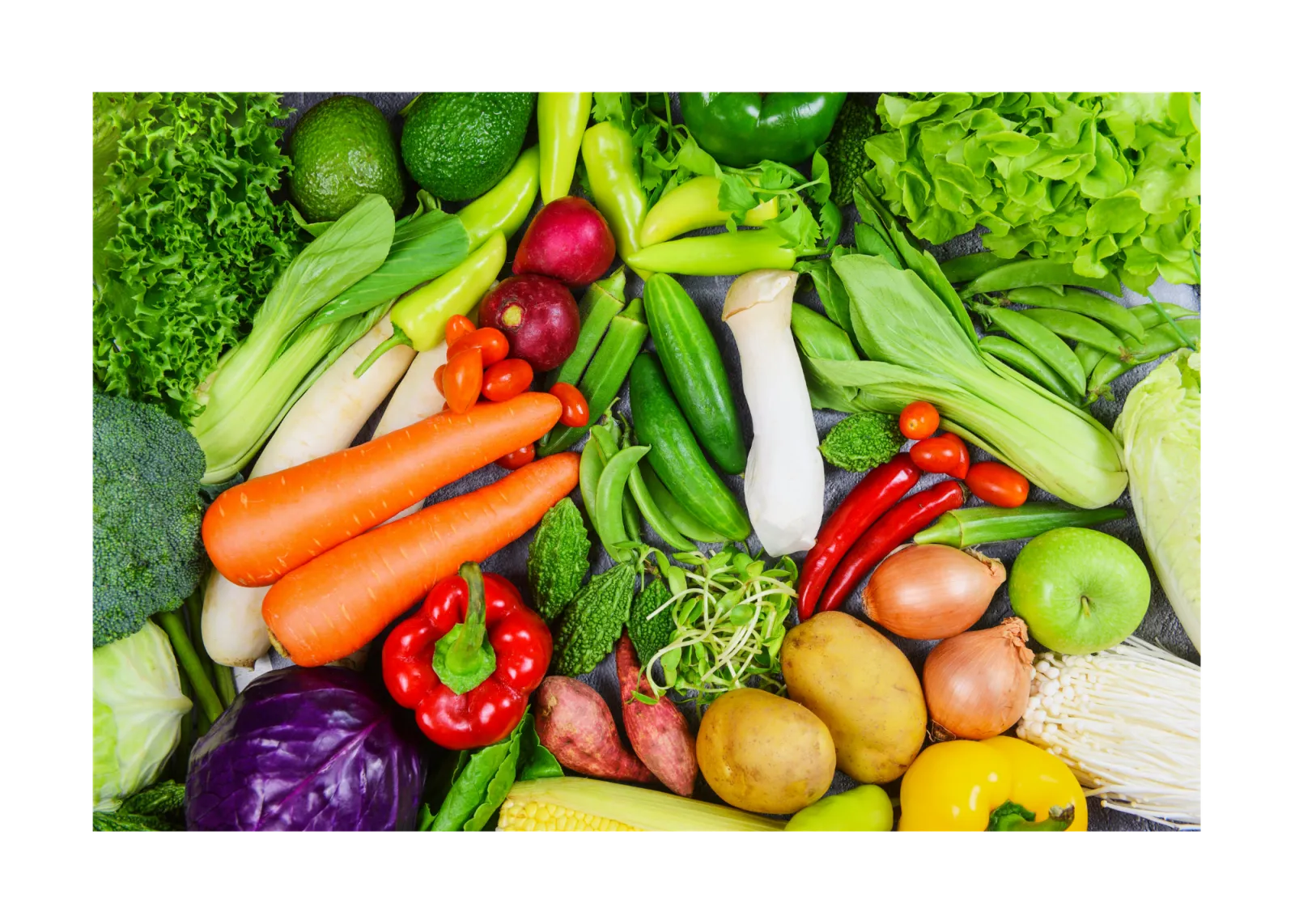
Ask a Dietitian - 3 Healthy Habits to Last a Lifetime
By Alissa Palladino MS, RDN, LD, CPT
It's a new year, and for many runners and walkers that means a renewed focus on health and nutrition. Despite what the latest fad diet or supplement company would have you think, there is no magic bullet. So instead of setting overly ambitious - and ultimately unrealistic - resolutions this year, commit to building healthy, sustainable habits.
All-Day Protein
Runners tend to think of protein primarily for its role in post-workout recovery. But in addition to building and repairing muscle, protein is key for blood sugar regulation, appetite control, immune health, weight management and more.
Most endurance athletes should aim for 1.2 to 1.6 grams of protein per kg of body weight per day, or roughly 81 to 109 grams for a 150-pound (68 kg) runner. But even more important than hitting your daily protein target is how you distribute your protein intake throughout the day. A common pattern is to skimp at breakfast and lunch and load up on dinner. However, to best utilize protein you need to consume it at regular intervals.
The best way is to include a good source in all your meals and snacks, and make sure you're eating every 3 to 4 hours. Aim for 20 to 30 grams at meals (a 4-oz. piece of salmon, for instance), and 10 to 15 grams at snacks. Protein is found in both animal and plant sources such as eggs, fish, seafood, poultry, meat, dairy, tofu, beans, lentils, nuts and seeds. A sample high-protein day of eating might include: an egg or tofu scramble for breakfast, a tuna or turkey wrap for lunch, a stir fry with chicken or shrimp for dinner, and nuts, Greek yogurt or a cheese stick as snacks.
Create a Colorful Plate

Perhaps the most impactful change runners and walkers can make to their diets is to eat more fresh fruits and vegetables. The more colors the better, since each color represents a different nutrient with unique benefits. Fruits and vegetables are naturally rich with antioxidants, which runners need in higher amounts to offset oxidative damage caused by exercise. Focus on building a colorful plate by including at least two different colors of produce at each of your main meals and eating fruits or vegetables for snacks. For example, blueberries and strawberries in your morning oatmeal or smoothie; tomatoes and spinach in your wrap at lunch; sweet potatoes and cauliflower with salmon for dinner; baby carrots with hummus as a mid-day snack; cantaloupe or kiwi with cottage cheese to refuel post-workout.
Enjoy All Foods in Moderation
I know it sounds cliché but hear me out. Yes, nutrition has the power to positively impact health and performance. But stressing out about eating the "perfect" diet is likely to do more harm than good. Remember that food is not just fuel for our bodies, it's also a source of pleasure and an integral part of our social, cultural and family lives. What's more, being overly restrictive with your diet can backfire, leading to over-eating, yo-yo dieting and an unhealthy or even disordered relationship with food. As long as the majority of your choices are nutrient-rich, health-promoting foods, including your favorite treats in moderation is fully dietitian approved! All foods can and should fit into a healthy, enjoyable and ultimately sustainable eating pattern.
This article originally appeared in the March/April 2022 issue of Wingfoot Magazine. Alissa is an Atlanta-based registered dietitian nutritionist and certified personal trainer dedicated to helping people optimize health and athletic performance by harnessing the power of nutrition. Alissa currently offers virtual and in-person nutrition consultations, meal planning services and metabolic testing. Learn more at alissapalladinonutrition.squarespace.com or contact her at apalladinordn@gmail.com

